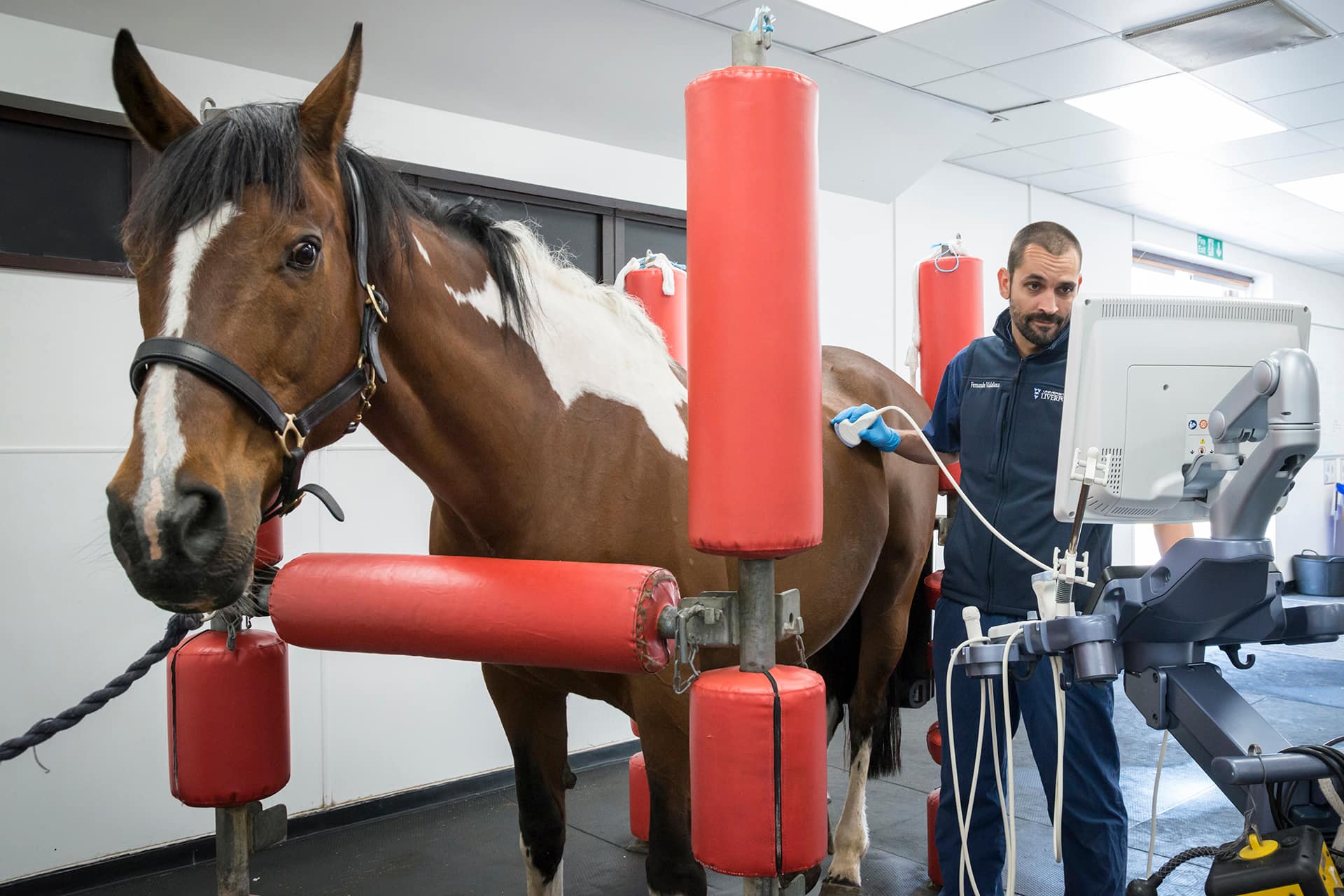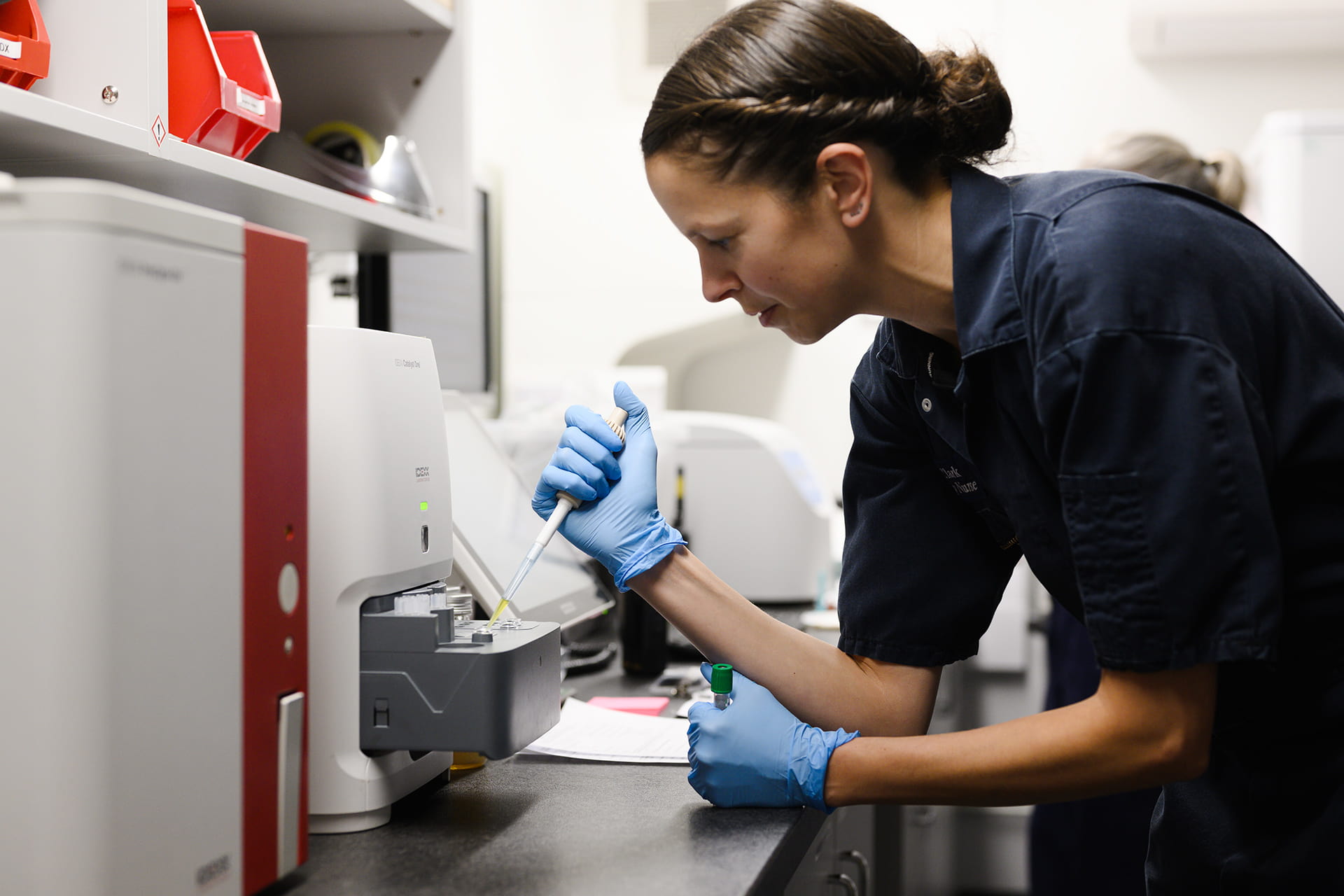
Leahurst Equine Services
Equine hospital and practice at Leahurst.
About Leahurst Equine Services
Located on the Wirral Peninsula, Leahurst Equine Services is one of the largest equine teaching hospitals in the UK. We offer 24-hour hospital services, as well as practice emergency and referral services. All led by a multi-disciplinary team of veterinary specialists and advanced practitioners. Our internationally recognised clinical expertise, facilities and research means we can offer patients, their owners and veterinary surgeons a range of expert services, utilising advanced techniques and evidence-based protocols.


